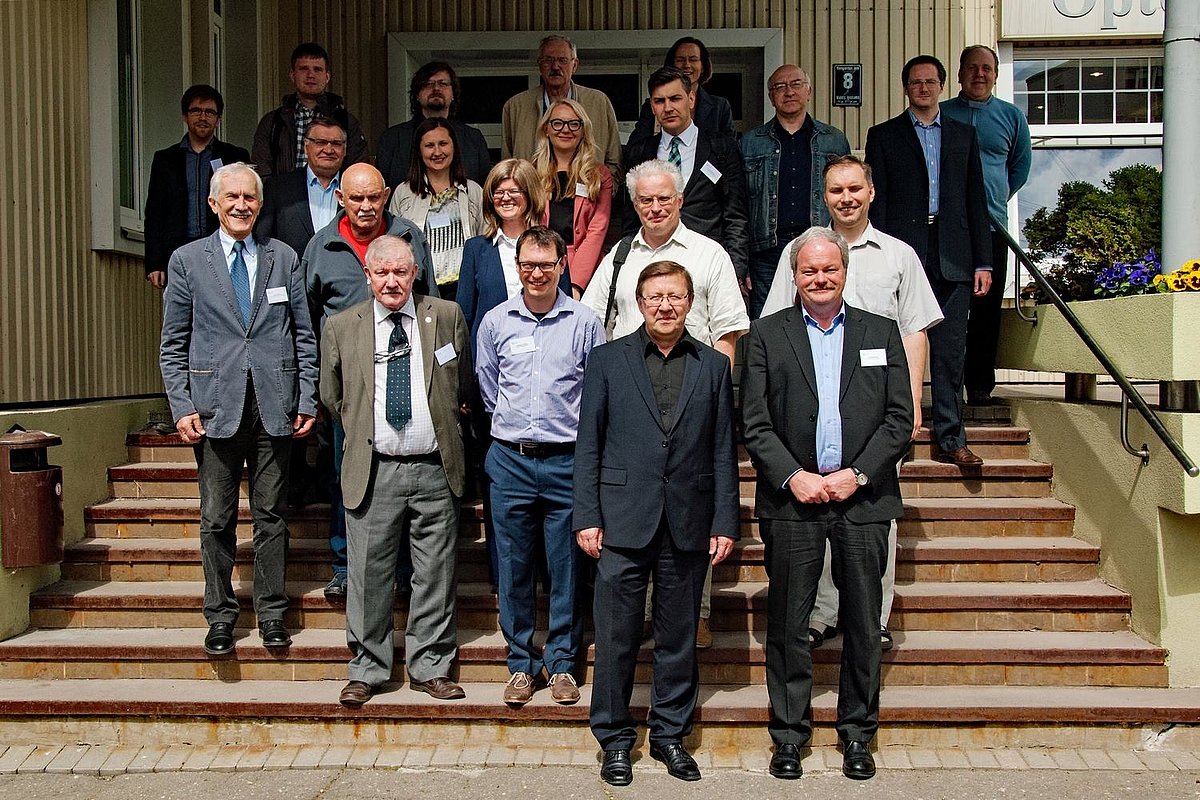
The program focused on life science, energy, engineering and nano-scaled materials, which are of special interest to Latvia.
Approximately 30 Latvian researchers from various scientific fields gave detailed talks about their most recent research activities and measurements carried out with the help of neutron techniques.
The representatives of the ESS Scientific Division introduced relevant instruments from the ESS instrument suite and shared the ESS perspective on each of the scientific topics discussed.
“Large-scale research infrastructures present great opportunities for small countries,” underlined Anatoli Popov of ISSP UL when describing the future outlook of neutron science in Latvia.
“It was impressive to see the level of activity in Latvia. This is an excellent starting point for stronger collaboration with ESS,” concluded Andreas Schreyer, ESS Director for Science.
“It was impressive to see the level of activity in Latvia. This is an excellent starting point for stronger collaboration with ESS,” concluded Andreas Schreyer, ESS Director for Science.